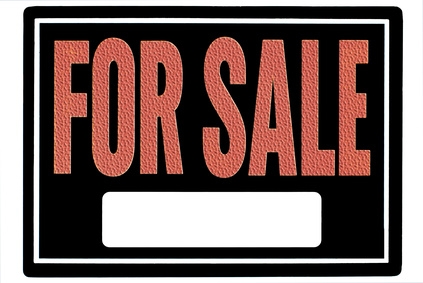
If you find you are unable to make your car payments, call your bank immediately to try and hold off repossession efforts. You have several options to explore, although you may have to sell your vehicle to pay off the loan debt. You may also have other financing options available to you, depending on your bank and overall payment history.
Call your bank as soon as you realize you cannot make your loan payment. Many banks would rather work with distressed borrowers than seize their vehicles. Your bank may possibly offer a deferment, or allow several missed payments without penalty. This can provide you with the time to catch up or to try to sell your vehicle. Or, your bank may be able to adjust your terms to lower payments. Most banks require your account to be in good standing, or at least not significantly far behind, to accommodate alternatives.
If your bank cannot help you, try to apply elsewhere to refinance your loan. A refinance allows you to readjust the length of your loan and possibly acquire a better interest rate, depending on your credit standing. You can apply to any bank you choose for the vehicle's total pay-off amount. In the event that you are approved for refinancing, your next payment will be due in 30 to 45 days, providing you with some time to catch up on your finances.
If you are unable to refinance your car loan, you can try to sell your vehicle privately. If your vehicle's value is in line with its pay-off amount, you can sell your car and eliminate the payments all together. Use website appraisal guides like the Kelley Blue Book or Edmunds websites to gauge whether or not a sale would benefit you. If you owe more than the vehicle is worth, you must come up with the remaining balance to satisfy the loan and obtain a clear title to transfer to a new owner.
If you were turned down for refinancing or approved for a higher interest rate than you could afford, a cosigner can help. A cosigner guarantees the loan you apply for, and if you can find one with strong credit, you can enjoy a low interest rate, low payments and possibly an extended term. Once you find a cosigner, you can reapply to the banks you've already applied to. A cosigner is usually a close friend or family member, as the risks involved with cosigning are great. If you do not pay your loan, the cosigner's credit is affected.